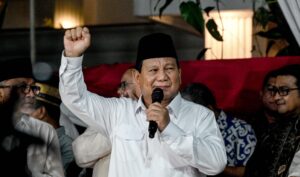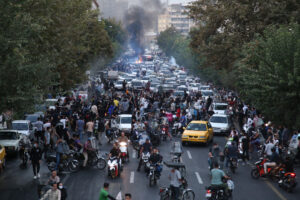
April 2024, Volume 35, Issue 2
Indonesia’s High-Stakes Handover
Indonesians have just elected a former general accused of human-rights abuses, with little respect for democratic institutions. The country’s democracy has not failed, but it may soon be fighting for its life.




